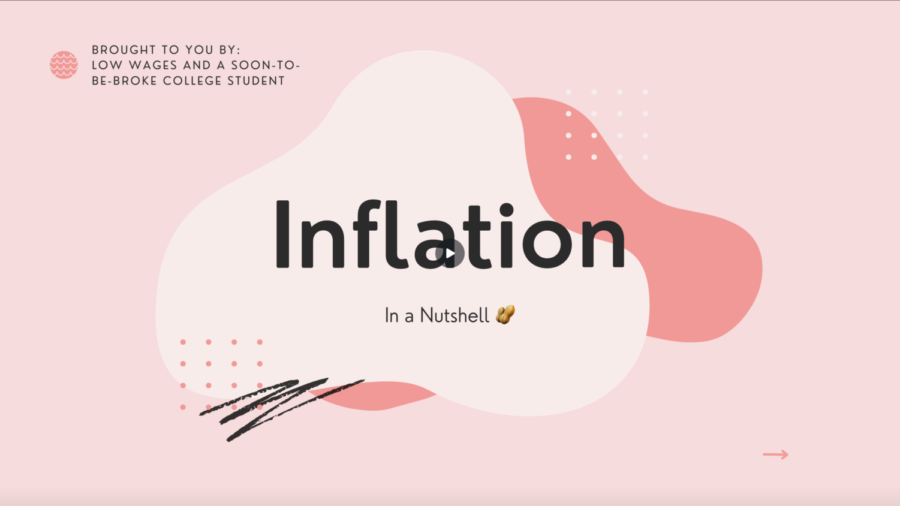Mmmmm, meat. Everyone loves a hunky slice of juicy animal flesh… right? Well, not everyone. Over the years, the clad of non-meat eaters known as vegetarians has been drastically increasing in membership. In 2008, a study conducted by Vegetarian Times revealed 7.3 million Americans were vegetarians. Today, that number is even higher. Perhaps these numbers suggest you shouldnât turnip your nose at the idea of a diet lacking meat. Lettuce take a look at why vegetarianism could be considered a better choice. âI’ve been raised as a vegetarian by my parents, so it’s pretty well ingrained in my life,â said sophomore Christopher Jenks, who has been a vegetarian for all sixteen years of his existence. âThere are always a couple blocks of tofu in my fridge, as well as beans, eggs, and peanut butter for a solid source of protein.â If you carrot all, consider whatâs at steak if you choose to remain an omnivorous beast. Environmental concerns, food safety, animal welfare, weight loss, and upkeep of overall health are just a small part of the garden of reasons to ditch the hamburger and chomp on some crisp leaves of salad instead. According to Mayo Clinic, a healthier lifestyle can be generated from eating vegetarian because âa plant-based diet, which emphasizes fruits and vegetables, grains, beans and legumes, and nuts, is rich in fiber, vitamins and other nutrients. And people who eat only plant-based foods â aka, vegetarians â generally eat fewer calories and less fat, weigh less, and have lower cholesterol levels than do nonvegetarians.â Although some may find the idea of vegetarianism to be utterly radishing, it is ultimately up to the individual to decide their meat-consumption preferences. After all, there are specific pros and cons to whatever you choose to sink your teeth into. Peas out.
Vegetarianism is hard to beet
Katie Upah
•
April 29, 2011
Story continues below advertisement
Leave a Comment
Donate to The WEB
$0
$450
Contributed
Our Goal
Your donation will support the student journalists of Ames High School, and Iowa needs student journalists. Your contribution will allow us to cover our annual website hosting costs.






































